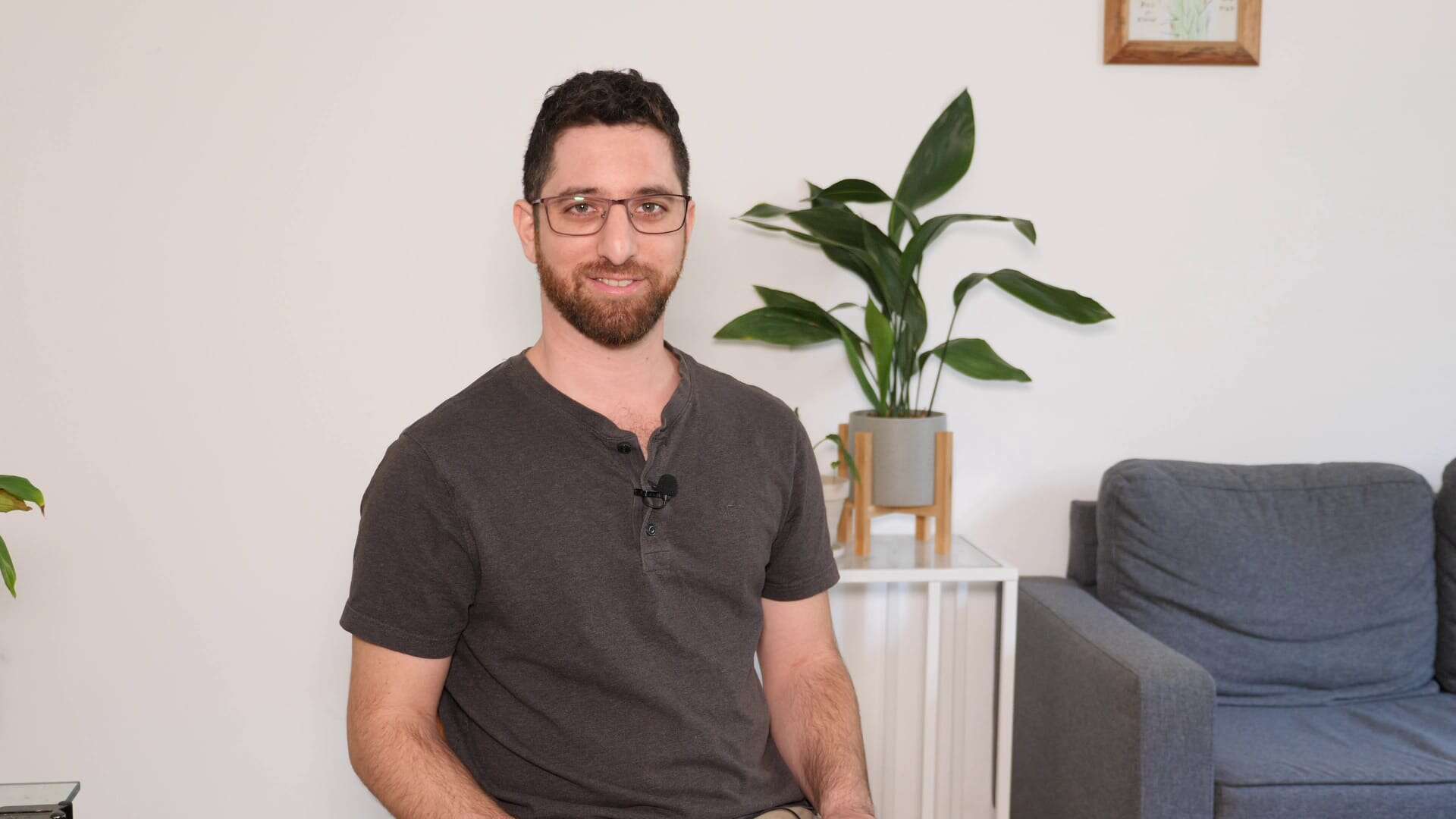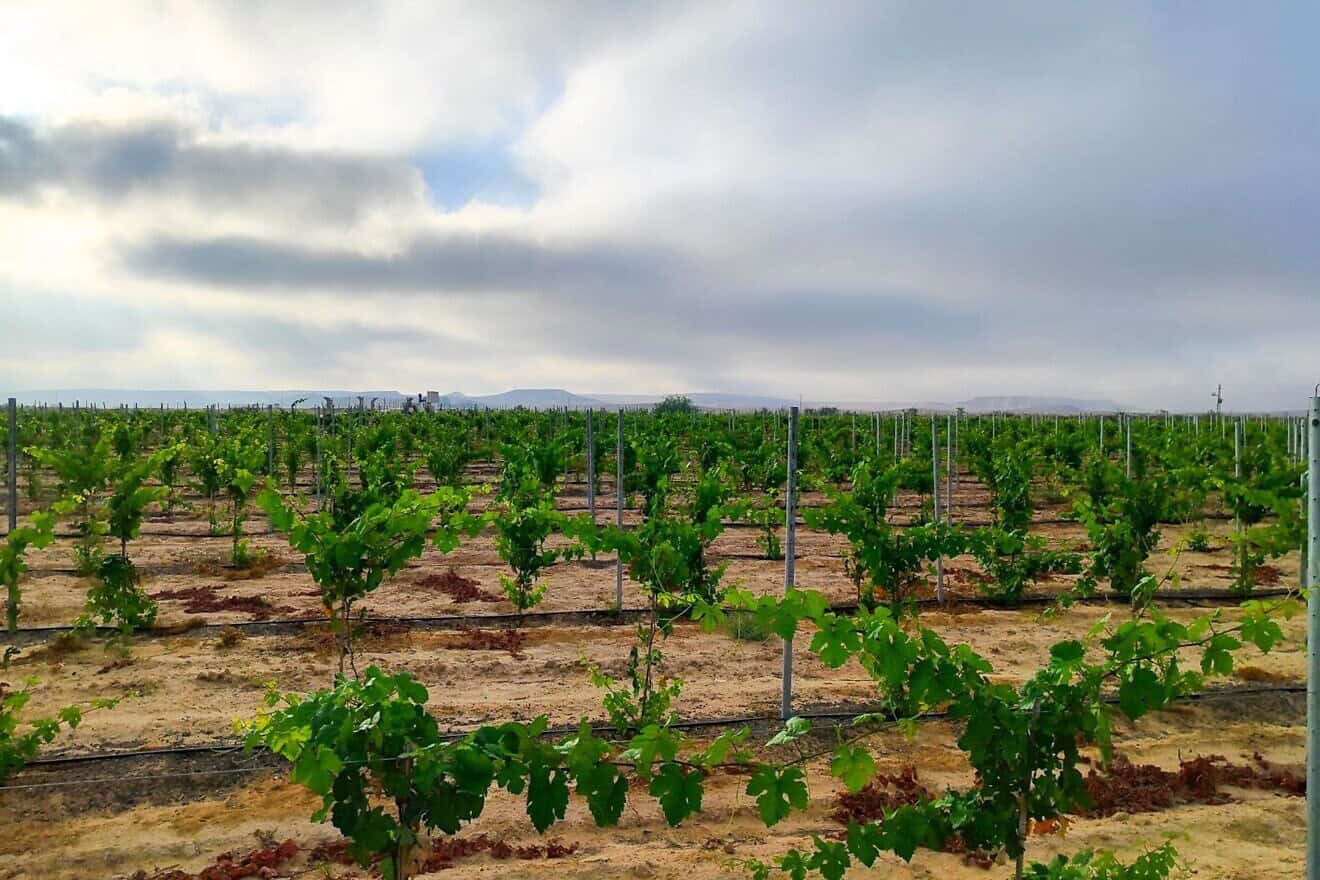by David Brummer
SparkIL enlists global support for Israel's small-business struggle via a system of interest-free loans.
Along the rolling hills of the Golan Heights, Shiri Levy stands among wooden cabins that overlook the Sea of Galilee, watching as construction workers install new pools and repair damaged exteriors.
For 11 years, she and her husband built their tourism business here, offering visitors a peaceful retreat with stunning lake views. After Oct. 7, 2023, everything changed.
“When the fighting reached the north, there was a drastic drop,” Levy explains. “My husband was called up as a combat reservist to fight in both Gaza and Lebanon. I was left with five kids, exhausted, not sleeping, and constantly worried. We didn’t operate the business during that time.”
Her story echoes across Israel’s periphery, where small business owners face a perfect storm of challenges: extended military reserve duty, security concerns, economic uncertainty and the emotional toll of a nation at war.
But Levy’s ability to renovate and rebuild came through an unlikely source: donations from strangers around the world, facilitated by a platform called SparkIL that’s pioneering a new model of economic solidarity.
The gift that keeps giving
SparkIL, according to its website, “is dedicated to fostering economic growth in Israel by enabling interest-free loans to small businesses.”
A peer-to-peer lending platform, SparkIL operates on a deceptively simple premise: connecting small Israeli businesses needing capital with individuals worldwide willing to lend interest-free loans starting from just $36.
But unlike traditional crowdfunding, these aren’t donations. They’re five-year loans that borrowers are expected to repay, with the returned money cycling back into the system to help other businesses.
“We see them as people, not as numbers,” says CEO Na’ama Ore, highlighting the platform’s approach to the 550-plus businesses it has supported with more than 3 million shekels (nearly $10 million) in loans. Remarkably, the organization boasts a zero default rate, despite working with entities that traditional banks would consider high-risk.
The model emerged from a recognition that Israel’s small business sector, which comprises 97% of the economy, faces unique challenges accessing capital. Banks demand high interest rates for small loans, while government support often fails to reach the most peripheral communities. SparkIL fills this gap through a partnership between the Jewish Agency and Ogen, combining international outreach with local business expertise.
“We heard many times since Oct. 7 that people want to help, but they’re not sure how,” Ore notes. “This is a simple, tangible way for people to make a difference. It doesn’t require a lot of money.”
Most recently, when the 12-day war with Iran took place, SparkIL stepped in to provide an emergency fund totaling approximately $4.5 million to provide interest-free loans to small businesses nationwide.
From survival to growth
The platform’s impact extends beyond emergency assistance. Take Yishai Bakal, who spent a decade in carpentry and education before pivoting to create ecological food wraps, beeswax alternatives to plastic packaging. When his sister couldn’t find Israeli-made eco-wraps, he saw an opportunity to fill a market gap while promoting environmental consciousness.
“I established it without any financial help,” Bakal recalls. “For four years it began to develop, but if I wanted it to grow, I either needed to invest or close it.” Traditional loans came with crushing interest rates that his small operation couldn’t sustain.

The SparkIL loan changed his trajectory. “The conditions were too good to turn down. It was the most appropriate loan because it allowed my business to grow without pressure.”
Even when called to four months of IDF reserve duty during the war, forcing him to close marketing campaigns and debate returning the loan money, the flexibility of the SparkIL system allowed him to weather the crisis.
Today, his business is not only stable but expanding. “September 2024, I returned to work with a new website and started selling in shops, more than before the war for the first time,” he says. “I feel that the security I built over two and a half years is beginning to produce fruit.”

Dreams in the desert
Perhaps no story better illustrates SparkIL’s role in supporting Israeli pioneering spirit than Y.’s vineyard project in the Negev. (Due to his service in the IDF, Y. requested that his full name be redacted.)
In September 2023, Y. moved to a Negev kibbutz with dreams of establishing a desert winery, carefully preparing his finances and planning the intensive groundwork required for viticulture in Israel’s challenging southern climate.
Then Oct. 7 shattered his timeline. “I was a few minutes into reserve duty when the war began,” Y. says. “Everything was frozen. I finished my first round of service and didn’t know whether to continue or not. I didn’t know if I could do it financially.”
His wife encouraged him to persist: “If I don’t do it now, it’ll be very hard to go back to it.” Agriculture requires significant upfront investment, especially in wine production, which demands years before generating income. SparkIL’s interest-free loan provided the capital he needed to continue.
“I was so pleased when I got the loan. It was like lifting a weight off my shoulders. It felt like they cared whether I succeeded or not,” he says. The emotional support proved as valuable as the financial assistance, particularly during a period when fellow soldiers were being killed or wounded.
In a moment that captured the intersection of struggle and hope, defining this period, Y.’s army comrades arrived during their leave to help plant the vineyard.
“We even managed to raise a L’Chaim,” he says. “We had friends who were killed and those who were badly wounded. It was a wonderful event.”
Beyond the numbers
What distinguishes SparkIL from conventional lending isn’t just the interest-free loans or global donor base; it’s the community it creates. Businesses approved for loans gain access to more than 1,000 mentors through Ogen’s network, attend monthly educational lectures and join WhatsApp groups where entrepreneurs share experiences and advice.
The platform also serves an educational mission, partnering with Jewish day schools, Hillels and youth programs to teach about different forms of giving. Grandparents can purchase gift cards for children and grandchildren to become lenders, introducing concepts of responsible investment and economic partnership alongside traditional charity.
In doing so, it creates a bridge between Israel and the Diaspora, allowing families and young people abroad to form a personal connection with Israeli entrepreneurs while learning the values of tzedakah and community responsibility.
“We’re talking about the eight levels of giving according to Rambam, instilling values in the next generation,” Ore explains. “Not just giving, but also the why.”
The long view
For businesses such as Shiri Levy’s Golan Heights retreat, the SparkIL loan provided immediate relief by funding renovations, new equipment and the confidence to keep operating during an uncertain period.
“I heard about SparkIL in reservist forums,” she notes, illustrating how the platform spreads through the networks most affected by the ongoing conflict.
But the real test comes in the aftermath. As Levy puts it, “I’m very optimistic about the future of tourism in the Golan. My biggest hope is that the war will finally end, and we’ll go back to a normal, calm, and happy life.”
Y. expects his first wine harvest in summer 2027, with commercial production beginning in 2028. Yishai aims to place his ecological wraps in 100 stores by the year’s end. These aren’t just business plans, they’re acts of faith in Israel’s future, enabled by a platform that transforms global solidarity into local economic resilience.
In a country in which the vast majority of small businesses employ four people or fewer, SparkIL’s model suggests that sometimes the most sophisticated economic intervention is simply connecting those who want to help with those who need it most and trusting both sides to honor their commitments. With a zero default rate across hundreds of loans, that trust appears well-placed.
David Brummer
Source: https://www.jns.org/how-hundreds-of-small-businesses-in-israel-survive/
No comments:
Post a Comment